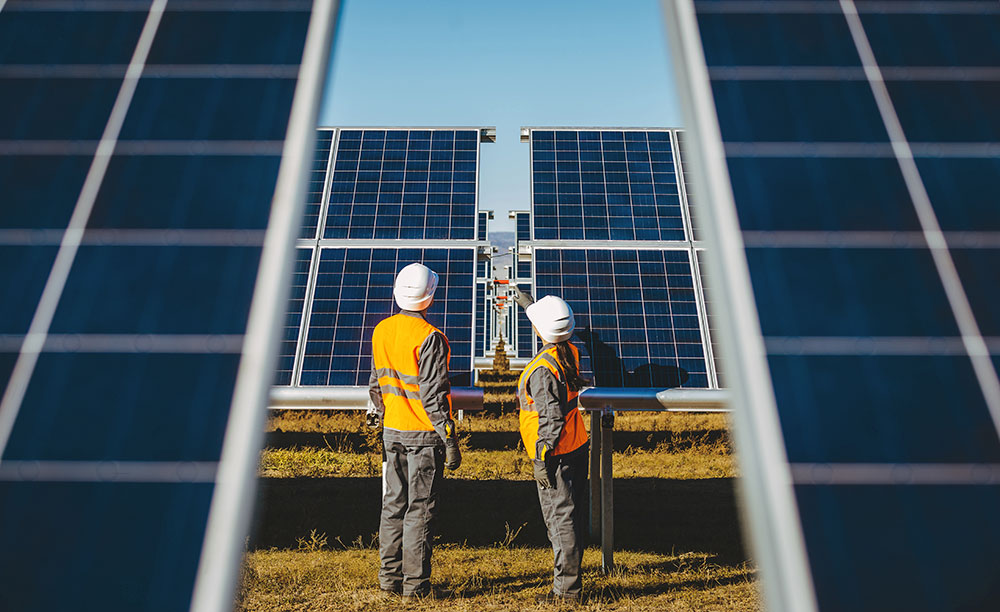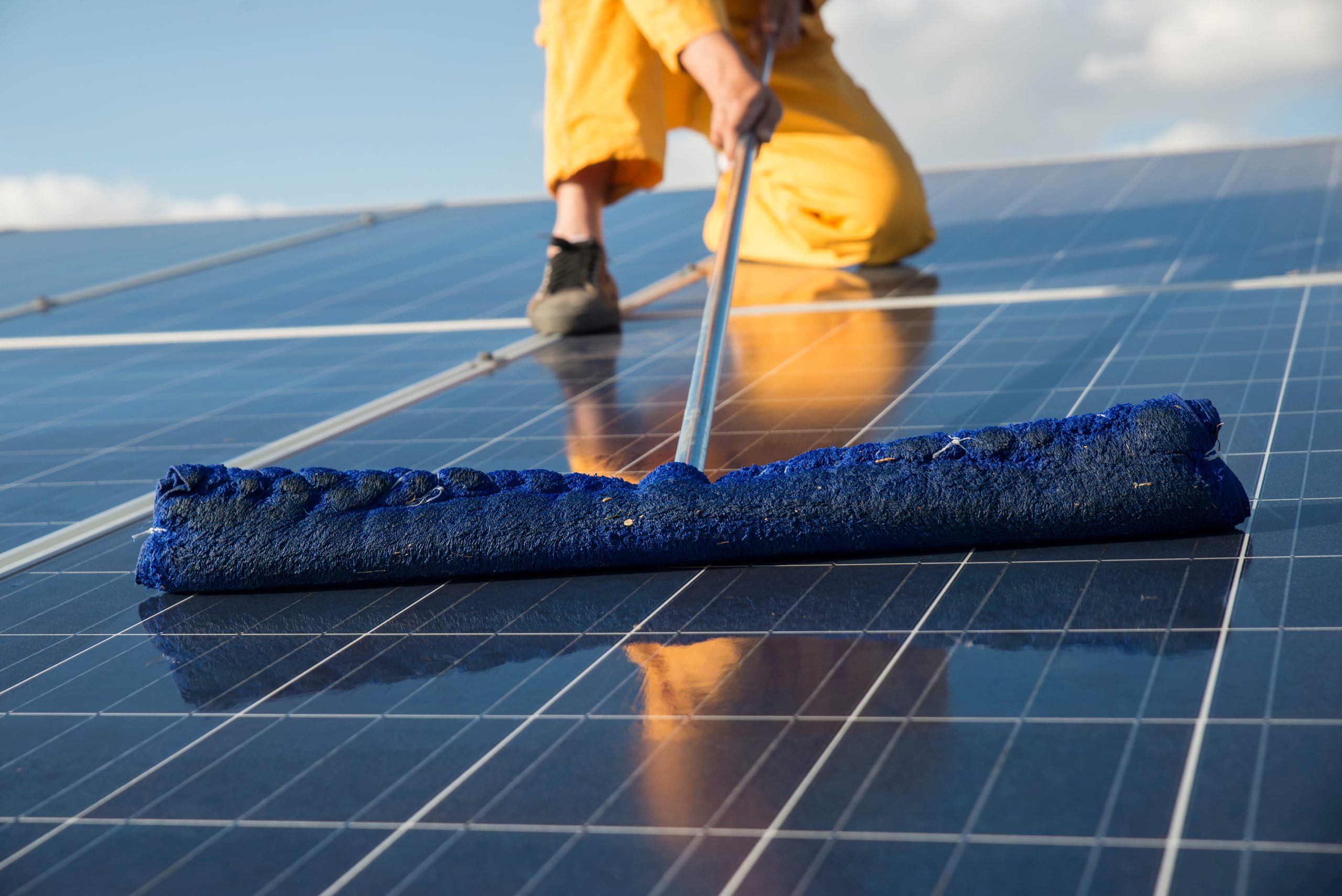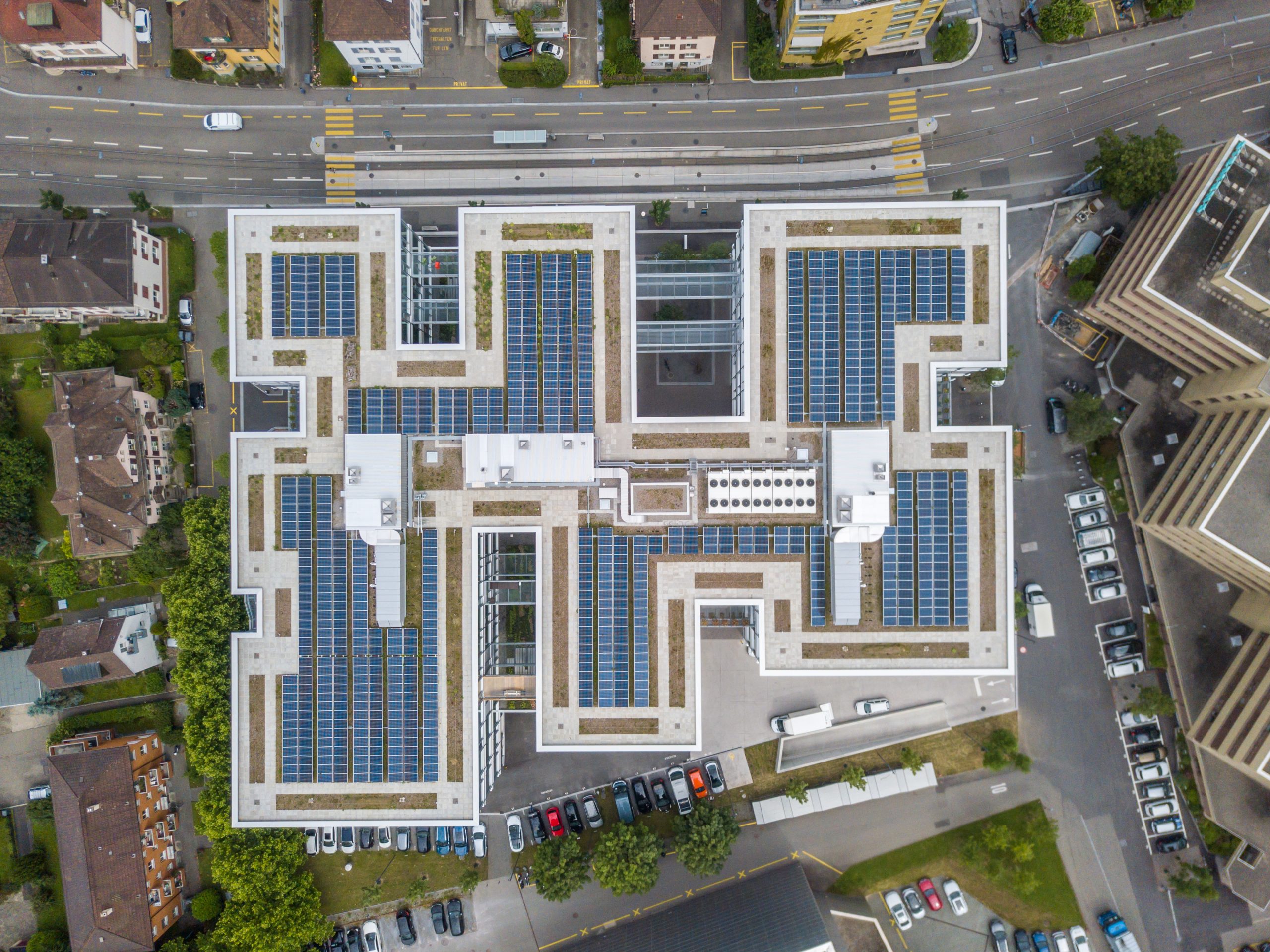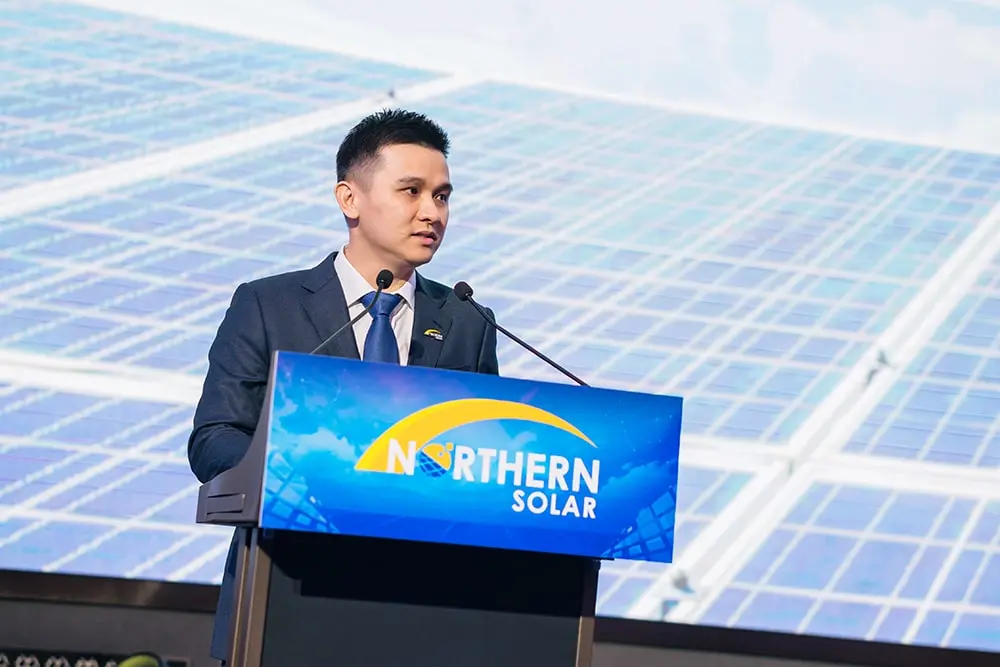As Malaysia accelerates its shift toward a sustainable, low-carbon future, business owners must stay informed and prepared. Malaysia’s renewable energy shift is no longer aspirational — it’s a national imperative reshaping how businesses manage costs and compliance.
For commercial property owners and business leaders, aligning with the country’s Renewable Energy Roadmap is a smart move to remain competitive and compliant. In this article, we’ll unpack what this roadmap entails, how it affects Malaysian businesses, and the practical steps you can take to participate in the nation’s clean energy transformation.
Overview of Malaysia’s Renewable Energy Roadmap
Launched by the Ministry of Energy and Natural Resources (KeTSA), Malaysia’s Renewable Energy Roadmap (MyRER) charts a path to grow renewable energy’s share in the national mix to 40% by 2035 and 70% by 2050.
It targets a 31% renewable energy share by 2025, scaling to 70% by 2050. Key sources include solar, bioenergy, hydro, and emerging technologies like green hydrogen and floating solar. The roadmap now promotes corporate PPAs, virtual net metering, and hydro-solar auctions. While platforms like SolaRIS supported past NEM applications, future schemes such as CREAM are being explored to expand rooftop aggregation.
Business Implications of the Roadmap
Understanding the Renewable Energy Roadmap in Malaysia is crucial for businesses aiming to strike a balance between profitability, sustainability, and regulatory compliance. Here’s how it translates into real business value:
Achieve Long-Term Reductions in Electricity Costs
As of 1 July 2025, Malaysia’s electricity tariffs rose by 14.2% to reflect actual generation and distribution costs. Under the new framework, commercial users face an average rate of 44.43 sen/kWh for consumption up to 1,500kWh, excluding monthly retail charges and fuel adjustments.
For businesses, solar adoption remains a strategic hedge against rising energy costs. Systems installed under NEM 3.0 before its closure on 30 June 2025 continue to enjoy 1:1 offsets for Energy, Capacity, and Network charges for up to 10 years from commissioning. This translates to a credit value of 44.43 sen/kWh, preserving ROI potential despite tariff hikes.
For new adopters, the SelCo (Self-Consumption) scheme now serves as the default pathway. While it does not allow grid export, it enables direct consumption of solar energy—reducing reliance on grid power during peak hours. ROI for commercial systems under SelCo typically ranges from 5 to 8 years, assuming 80% daytime utilisation and modest tariff escalation.
Enhance Sustainability Credentials & ESG Ratings
ESG disclosure is now mandatory under the National Sustainability Reporting Framework (NSRF), aligning with global standards like GRI and IFRS S1/S2.
Renewable energy adoption helps companies:
- Lower Scope 2 emissions
- Mitigate climate risk (required under IFRS S2)
- Qualify for ESG-linked financing
High-impact sectors—manufacturing, logistics, hospitality—face growing scrutiny, especially from EU-linked supply chains governed by CSRD requirements.
Steps Businesses Can Take to Support the Transition
Malaysia’s roadmap encourages commercial participation across several avenues:
Implement Rooftop Solar via the NEM Scheme
Commercial users under NEM 3.0 installed rooftop PV systems that exported excess power to TNB’s grid, earning energy credits and lowering bills.
SEDA’s SolaRIS platform simplified project application and approval, improving transparency and reducing delays.
Utilise Solar Power Through PPA Agreements
Power Purchase Agreements (PPA) offer zero-capex solar adoption, with RPVI investors installing and maintaining the system. Businesses pay only for energy used.
As of July 2025:
- PPAs now default to SelCo configurations
- Typical contracts span 15–25 years, with buyout options
- Best suited for businesses with high daytime loads, aligned to Malaysia’s new TOU tariff framework.
PPAs also align with ESG targets, especially for leased sites or distributed operations.
Not sure if a PPA is the right fit for your business? Book a free, no-obligation solar consultation to evaluate your site’s potential, compare financing options, and understand how your business can benefit.
Access Government Incentives & Tax Relief Measures
Malaysia offers robust fiscal incentives via MIDA and the Green Technology Master Plan:
Green Investment Tax Allowance (GITA):
- 100% capital allowance on qualifying solar expenditures
- Offset up to 70% of statutory income over 5 years
Green Income Tax Exemption (GITE):
- Up to 70% income tax exemption for leasing projects (3–30 MW)
- Valid for 5–10 years, depending on project scale.
Green Technology Financing Scheme (GTFS 4.0):
- Up to 60% loan guarantee on green loans
- 2% interest rebate for the first 7 years.
These incentives improve project economics and reduce payback timelines, while unlocking priority access to future grants and energy credits.
Immediate Actions for Business Energy Planning
With a clearer picture of the renewable energy roadmap and incentives in Malaysia, the next step is to develop a strategic plan by aligning with MyRER:
Assess Current and Projected Energy Requirements
Review historical energy use, forecast future demand, and conduct energy audits to size your solar system correctly and improve efficiency.
Evaluate Participation in LSS & PPA Programmes
On large industrial premises or idle land, consider Large Scale Solar (LSS) projects, enabling grid exports and long-term energy revenues.
Partner with registered solar investors to monetise rooftops and secure predictable solar pricing via PPA structures.
Engage with Certified Solar Energy Providers Like CRESS
The Corporate Renewable Energy Supply Scheme (CRESS), administered by the Energy Commission, allows businesses to procure renewable energy from the grid using a virtual PPA structure.
Work with certified EPCC providers to ensure system compliance and qualify for incentives.
Advance Your Renewable Energy Malaysia Strategy with Northern Solar
As Malaysia enters its next phase of renewable energy adoption, the focus has shifted from grid-export schemes to self-consumption frameworks like SelCo. For businesses, this transition marks a critical moment to re-evaluate energy strategies and operational resilience.
Navigating compliance, SolaRIS applications, and shifting policies requires more than interest—it requires expert execution.
Northern Solar, a government-registered EPCC contractor, supports companies in transforming solar ambitions into operational systems. Our team handles everything—from site assessment and engineering to approvals and post-installation checks—ensuring compliance, performance, and eligibility under 2025’s green incentives.
Ready to strengthen your position in Malaysia’s clean energy economy? Contact us today and take a confident step toward long-term savings, compliance, and sustainability.






